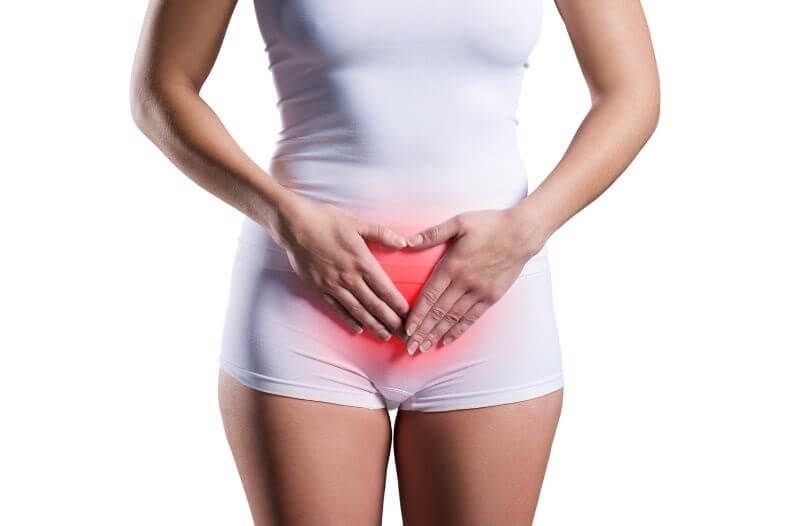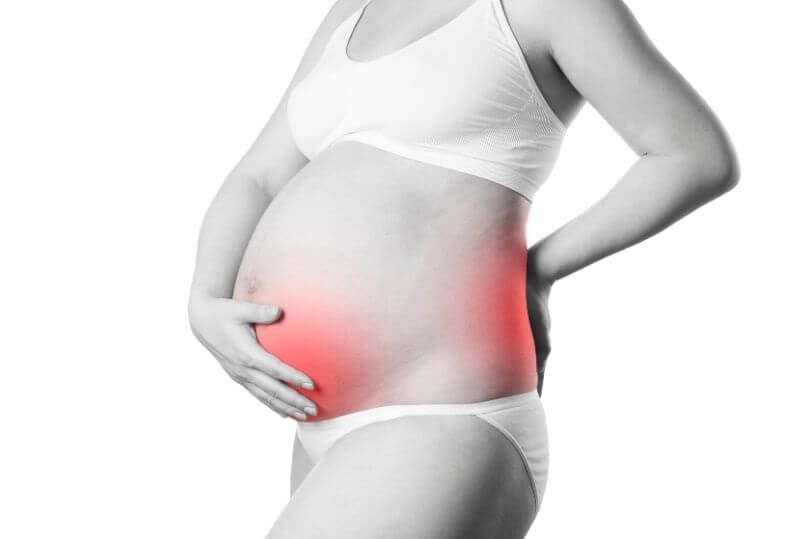Physiotherapy Treatments for Women
Chartered Physiotherapist Magdalena and the rest of the team at PelviCare offer a wide variety of women’s physiotherapy treatments that are designed to reduce pain, eliminate discomfort, improve your mobility and ultimately give you back control of your life.
We support women in London during, after pregnancy and through menopause by introducing gentle yet effective care plans that relieve the symptoms of common pelvic health conditions. We also work with patients who want to get back to fitness as soon as possible after delivery, and those who have undergone (or are about to undergo) gynaecological surgery.
How can we help?
Pregnancy back and hip pain relief

Pelvic pain

Pelvic girdle pain
Pregnancy related pelvic girdle pain (PGP) – sometimes referred to as symphysis pubis dysfunction (SPD) – refers to the symptoms caused by stiffness or lack of movement in the pelvic joints during childbearing. It affects up to 1 in 5 women – and although it will not harm your baby, in more serious cases, it can seriously affect your quality of life. Regular women’s health physiotherapy treatments can help to relieve pelvic girdle pain and prevent your symptoms from getting worse as your pregnancy progresses.

Pelvic organ prolapse
Many mothers will experience prolapse after giving birth – but a high percentage of those in pain or discomfort will not seek help from a physiotherapist until their symptoms start to have a profound impact on their comfort and mobility. The team at PelviCare will devise a treatment plan that offers long-term relief from the symptoms of pelvic organ prolapse using a variety of core, pelvic floor exercises and breathing techniques.

Diastasis recti (tummy gap)
Diastasis recti occurs when the connective tissue that links the rectus abdominus separates, usually following pregnancy. Because our abdominal muscles play an important role in our posture, our pelvic stability and our respiratory effectiveness, diastasis recti can have a significant impact on our comfort, mobility and physical performance, so it’s important to address the issue soon after baby has arrived.
Our pelvic floor specialists can help patients who are suffering from a wide tummy gap by devising a physiotherapy programme that focuses on improving the alignment of the pelvis and toning and flattening the abdominal wall.

Incontinence
Incontinence doesn’t have to be a ‘normal’ part of pregnancy or the ageing process! The strategies delivered by our physiotherapists can be tailored to address a range of bladder-related conditions, including stress, urge and mixed urinary incontinence, and overactive bladder syndrome as well as bowel related conditions, knowns as fecal incontinence.

Our treatments include:
Book your session now
To arrange your initial consultation, please contact PelviCare directly. Please note that, due to the coronavirus outbreak, we have adapted our practice in Greenwich to ensure we can adhere to the highest possible safety standards. You can learn more about the PelviCare is back!